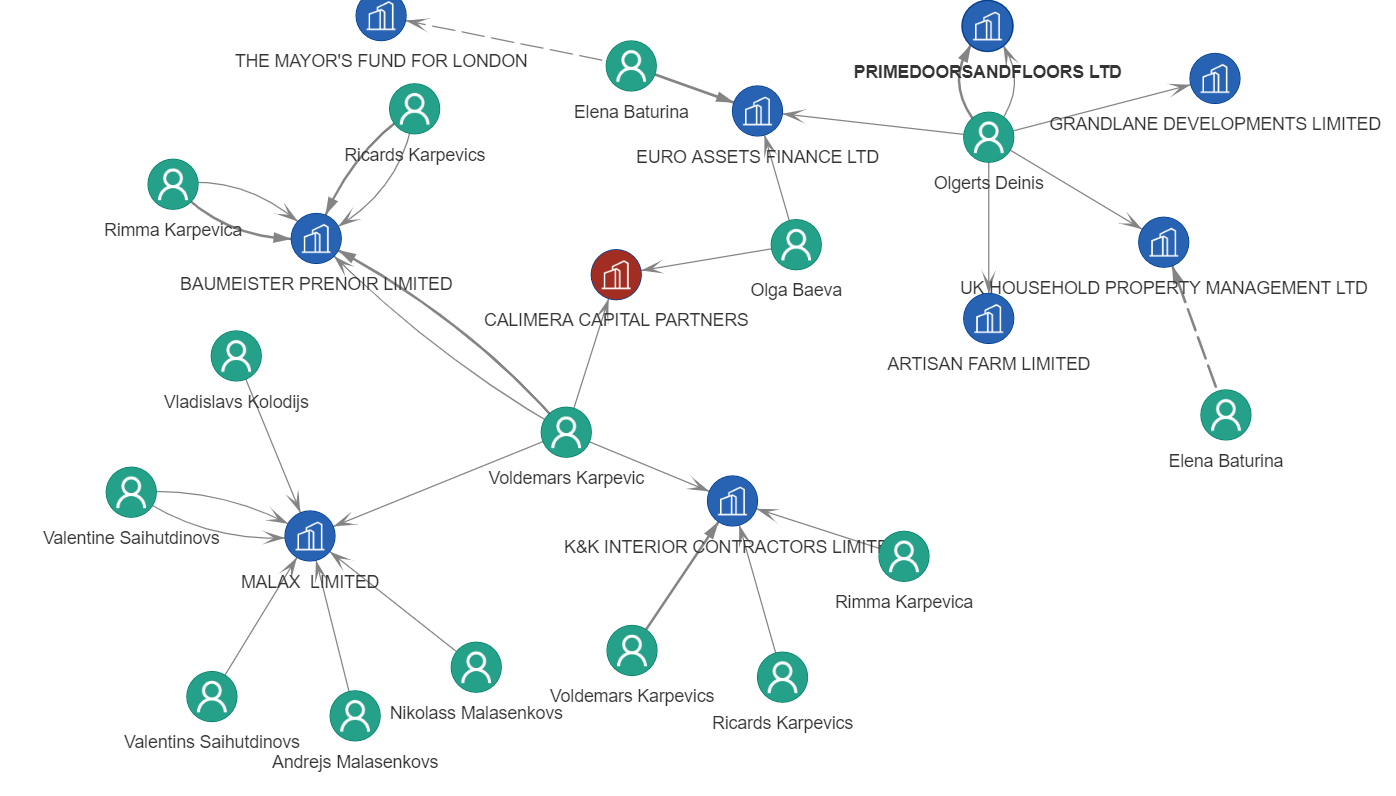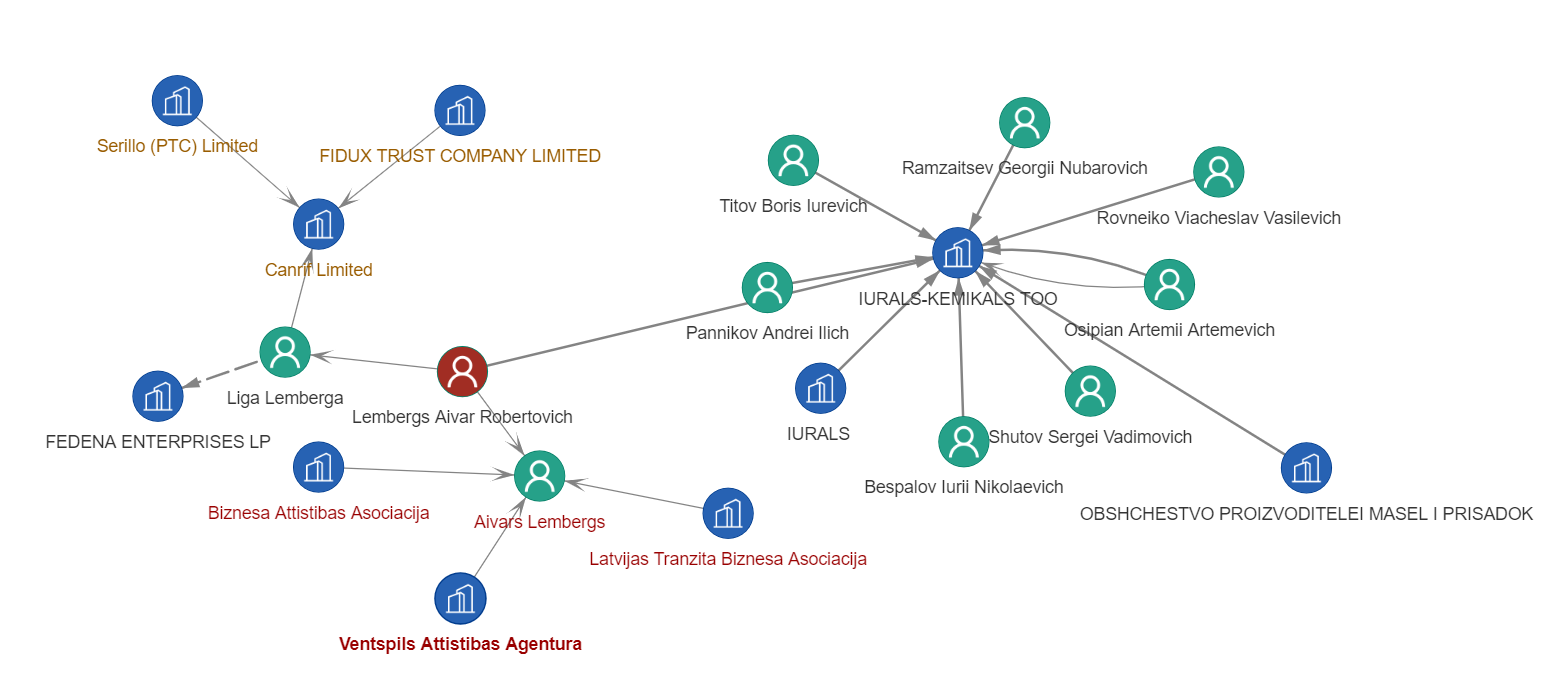
OpenLux is an ongoing journalistic investigation led by the French newspaper “Le Monde”, in collaboration with a consortium of leading publications including “Le Soir” from Belgium, “Süddeutsche Zeitung” from Germany and OCCRP. The inquiry has allegedly revealed that the Grand Duchy of Luxembourg is the epicentre of a global network of financial shell companies designed to hide illegal fortunes of organised crime, oligarchs and dictators. Are these allegations real? Does ‘Ndrangheta harbours its criminal proceeds in Kirchberg? Is OpenLux a fully-fledged investigation or just another chapter of sensationalism?
It is not a secret that traditional newspapers are losing ground to alternative media platforms. Sensationalism is one of the very few things that sell. The “maxi-trial” against ‘Ndrangheta, Italy’s most secretive criminal society, ignites journalists' imagination and opens the gate to more or less real allegations. OpenLux claims to have data about companies operating in the Grand Duchy with ties to the Calabrian clans. Luxembourgish firms with complex ownership structures would hide the illegal profits of the infamous crime syndicate. Before analysing the veracity of these allegations, it is crucial to recall a few things about ‘Ndrangheta.
- ‘Ndrangheta is the most secretive society in Italy, operating globally for over 200 years. The 2006 Duisburg murders were executed by third-generation Calabrians from Germany.
- ‘Ndrangheta is not structured like a crime syndicate but as a “spiritual” extension of the Catholic church. Therefore, most of its members (picciotti d'onore) do not seek to accumulate nor exhibit material possessions, as do the Neapolitan camorristi, for instance.
- ‘Ndrangheta, unlike their Sicilian peers, does not want political power. The political power wants ‘Ndrangheta.
A recent statement issued by the Luxembourg Government on the OpenLux investigation points out several insufficiencies in the presented allegations. Before going into specifics, we should recall a few things relevant to this matter:
- Media started targeting Luxembourg over one decade ago when reports showed that the small country printed much more Euro notes compared to its domestic GDP. It led to many speculations that ignored the fact that the printing currency in the EU is decided through a centralised tender process.
- Moreover, the journalists forget that in 2017 Luxembourg ended its bank secrecy rules. At that time, Luxembourgish banks held deposits worth ten times the country's annual economic output. Luxembourg started exchanging data with other countries, thereby making the hiding of monies in the Grand Duchy more complicated. The concerned account holders fled most probably after that date.
- The journalists ignore that Luxembourg is the top investment fund centre in Europe, the second-largest in the world after the USA and the leading centre for cross-border fund distribution globally. Luxembourg harbours assets accounting for 4.4 trillion euros.
- Luxembourg has since 2019 a strong partnership with China, and Chinese investments are flowing into Europe through the small Duchy. This should constitute a pivotal avenue to be explored by journalists amid the current pandemic.
Being a global financial centre, Luxembourg has ties with companies all over the world. The web-spiders deployed by Le Monde to gather data about companies with Luxembourg-based ownership could unveil hidden connections between entities based in different countries. The problem with such approaches is that they require a diligent interpretation. A thorough lecture on such information can lead to wrong inferences. Luxembourg, a global financial centre, harbours without any doubt persons and companies with different levels of risk with respect to financial crime. Most companies may have complex networks with ties in various countries and jurisdictions.
The case of Calimera Capital Partners is revelatory. This Luxembourgish company has a British subsidiary controlled by Latvian and Russian citizens. These citizens are the ultimate beneficial owners of many firms related to other persons with ties in the Baltic countries and the Russian Federation. A sulphurous investigative story could be easily built in such a case, but it would not underpin a real crime. Crawling data from the web is beneficial to gather intelligence, but it does not suffice to undercover a criminal network.

So how can such an endeavour certify that several Luxembourgish businesses are really connected to organised crime? An article published in the OpenLux investigation unveils a key piece of intelligence. Pizzerias operated by Calabrians in the Luxembourgish commune Esch-sur-Alzette openly displayed on their walls pictures of iconic Hollywoodian characters, including The Godfather and Tony Montana. These “explicit references to the mafia” may not suffice in court but are useful to create a sensation amongst readers, which could be easily persuaded that Al Pacino was born in San Luca.
“Sensationalism dies quickly, fear is long-lived”
Agatha Christie, English writer
Sanctions: Moscow under pressure
The Biden administration prepares a new set of sanctions against Moscow amid Navalny’s imprisonment. European Union’s representative Josep Borrell underlined that Secretary of State Antony Blinken asked Brussels to coordinate actions against Russia over the Navalny case. We showed that Moscow might prefer such a situation in a complex geopolitical climate in a previous issue. The new set of sanctions may hinder the financial transaction between Western countries and the Russian Federation. The only unknown is London’s position in this matter.
Focus: Latvian oligarch arrested
Aivars Robertovich Lembergs, the mayor of the city of Ventspils in Latvia since 1988, was convicted to five years in prison by a court in Riga for bribery and money laundering. Lembergs has a complex situation. Since 2019 the wealthy Latvian politician and several companies are under US sanctions. He also controls a Russian based company called Iurals-Kemikals, and his ties with Moscow triggered suspicions about involvement in gas transactions with the European Union. Lembergs’s daughter Liga appeared as an officer of a London based company as well as a Gibraltarian firm investigated by the Panama Papers.

Word on the street: “Vhor v Zakone mandarin” in France
French police dismantled a network of thieves operating in the western regions of the country. The gang included 27 Georgians who specialised in cigarette smuggling and thefts from luxury shops. The French justice is persuaded that it has in its hands the mythical “thieves in law” (vhor v zakone) that were at the top of the trophic chain in Russia’s underworld during the 1990s. The real “vhors” from that era are a species under extinction, a very few being alive today. Most active “vhors” active today were not crowned under the traditional rules and are not sanctioned by the traditional criminals. The young guard is made of individuals of caucasian descent, mainly Georgians, that bought the title during the 2000s for a consistent amount of money. Those monies came from extorting the fruits merchants in Russian markets. Thus, they remained with the stigma of “thieves in law of mandarin oranges”.